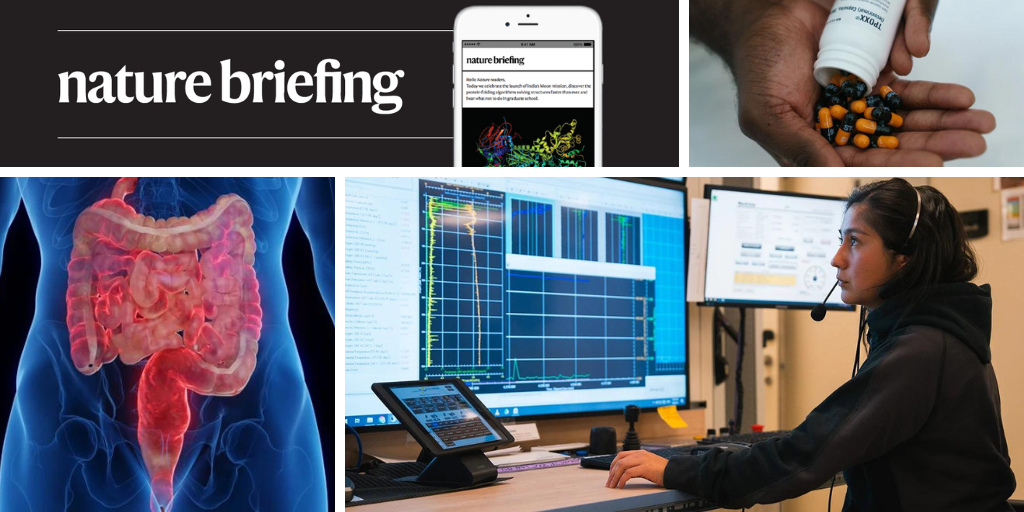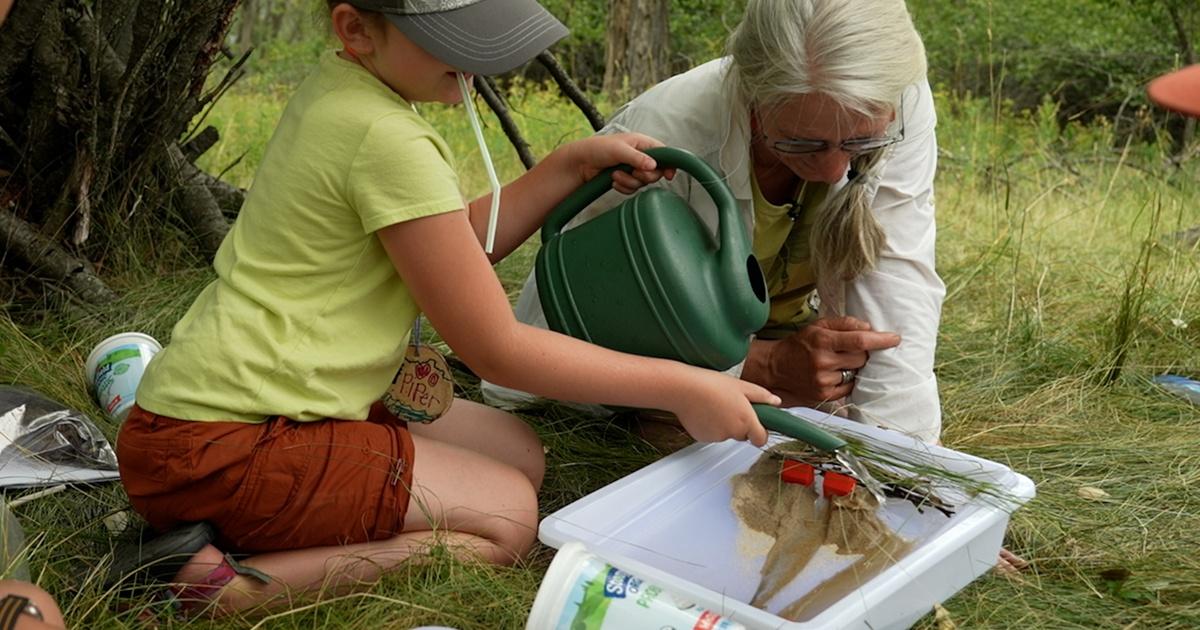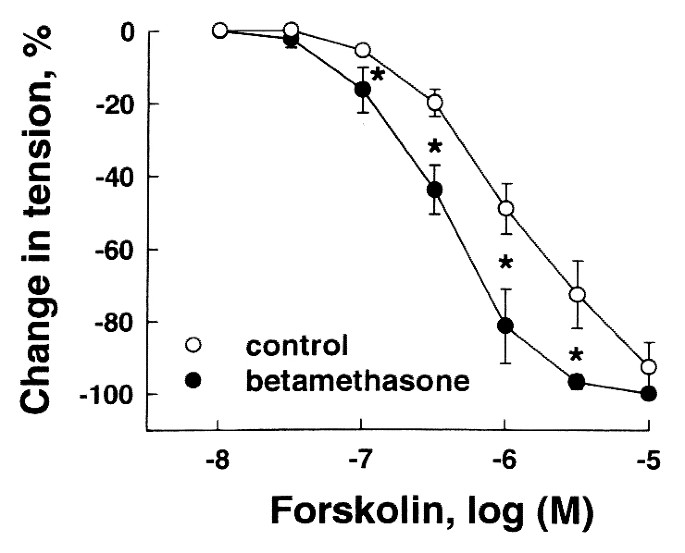
- Select a language for the TTS:
- UK English Female
- UK English Male
- US English Female
- US English Male
- Australian Female
- Australian Male
- Language selected: (auto detect) - EN
Play all audios:
Hello _Nature_ readers, would you like to get this Briefing in your inbox free every day? Sign up here. GAMING HELPED PEOPLE DURING PANDEMIC Playing video games for a couple of hours a day
can improve mental health, according to a study in Japan. The research relied on a natural experiment that arose when the opportunity to buy gaming consoles, which were in short supply, was
allocated by a lottery during the COVID pandemic. Of the more than 8,000 people who entered the lottery, those who ended up with a console had increased life satisfaction and reduced
psychological distress. But whether these findings apply more broadly remains to be seen. Nature | 4 min read Reference: _Nature Human Behaviour_ paper FIVE WAYS THE BRAIN CAN AGE An
analysis of almost 50,000 brain scans has revealed five distinct patterns of brain atrophy associated with ageing and neurodegenerative disease. The analysis has also linked the patterns to
lifestyle factors such as smoking and alcohol consumption, as well as to genetic and blood-based markers associated with health status and disease risk. The work is a “methodological tour de
force”, says gerontologist Andrei Irimia. “We knew that brain anatomy changes with ageing and disease. But our ability to grasp this complex interaction was far more modest.” Nature | 4 min
read Reference: _Nature Medicine_ paper THERE IS A BLACK MARKET IN FAKE CITATIONS Researchers went undercover to confirm what many research-integrity sleuths have long suspected: there is a
black market for fake citations used to pad scientists’ Google Scholar profiles. The investigators paid US$300 to a firm that sold them 50 citations from studies in 22 journals — 14 of
which are indexed in the scholarly database Scopus. “When a manuscript acquires hundreds of citations within days of publication, or when a scientist has an abrupt and large rise in
citations, you know something is wrong,” says computer scientist Yasir Zaki, who took part in the sting operation. Nature | 6 min read Reference: arXiv preprint (not peer reviewed) 91
BILLION BASES The size of the genome of South American lungfish (_Lepidosiren paradoxa_) — twice as many as the previous animal record holder (a different lungfish) and 30 times as many as
human DNA. (Science | 4 min read) (Thanks to readers who spotted a typo in this fun fact when it was in yesterday’s Briefing.) FEATURES & OPINION WOOD PELLETS MIGHT NOT BE SO GREEN
Factories are popping up across the United States to manufacture wood pellets: solid biomass that can be burned to produce electricity in the belief that it is carbon neutral. But an
expanding body of research shows that burning wood pellets to generate electricity often emits huge amounts of carbon — even more than burning coal does. There are signs that high-quality
wood is being fed into the machines, rather than waste wood, as companies claim. And there are concerns about the effects of wood-pellet facilities on the health of people living nearby.
Nature | 11 min read BIAS BELITTLES FEMALE-DOMINATED FIELDS Evidence is building that whole research fields might be prone to gender bias. “People just believe that there are some
disciplines that are better than others,” says mathematician Alex James, who led one of the latest studies on the phenomenon. “And it turns out that ones that we think are a bit rubbish are
all full of women.” Her study found that the more women there were in a field, the lower the overall grant-application success rate and evaluation of researcher quality. Nature Index | 6 min
read Reference: _eLife_ paper ‘I DIDN’T FEEL LIKE SHUTTING UP’ Last month, UK researchers welcomed the appointment of one of their own as science minister: clinical researcher Patrick
Vallance, who gained a high profile for his sober TV appearances as the government’s chief scientific adviser during the COVID pandemic. Five weeks into the job, _Nature_ asked him about the
challenges ahead of him — and why, as a non-politician, he took the job in the first place. “It seems like if you’re given an opportunity to do something to make a difference, and you say
no, then you should shut up,” he says. “And I didn’t feel like shutting up.” Nature | 5 min read INFOGRAPHIC OF THE WEEK Primordial black holes (PBHs) would have to be at least ten times
more abundant to support the theory that they make up a substantial proportion of the dark matter in our Galaxy. Researchers looked for black holes that formed during the early history of
the Universe by observing stars in the Large Magellanic Cloud (LMC). A 20-year survey called the Optical Gravitational Lensing Experiment (OGLE) found 13 candidate signals. The detections
involved an effect known as microlensing, in which a PBH (or other object) deflects and distorts the light from a star located farther away than the PBH, producing multiple magnified images
of the star. The copies cannot be distinguished because they are too close to each other, but their combined brightness shows a characteristic increase as the PBH passes through the line of
sight of the star (upper panel). (Nature | 6 min read, _Nature_ paywall) Reference: _Nature_ paper QUOTE OF THE DAY “IF YOU DISCOVER VIOLATIONS OF RESEARCH INTEGRITY OR ABUSE OF PATIENTS, IT
IS BETTER TO SPEAK OUT THAN KEEP QUIET. BUT FOR THE NEXT 25 YEARS, IT WILL SEEM THAT IT WOULD HAVE BEEN BETTER TO KEEP QUIET.” Physician-scientist Nancy Olivieri has become an icon for
scientific integrity after publishing about side effects she discovered during a trial of a thalassaemia treatment, deferiprone, in the 1990s. But life as a whistle-blower is not easy, she
says. (Nature | 10 min read)









